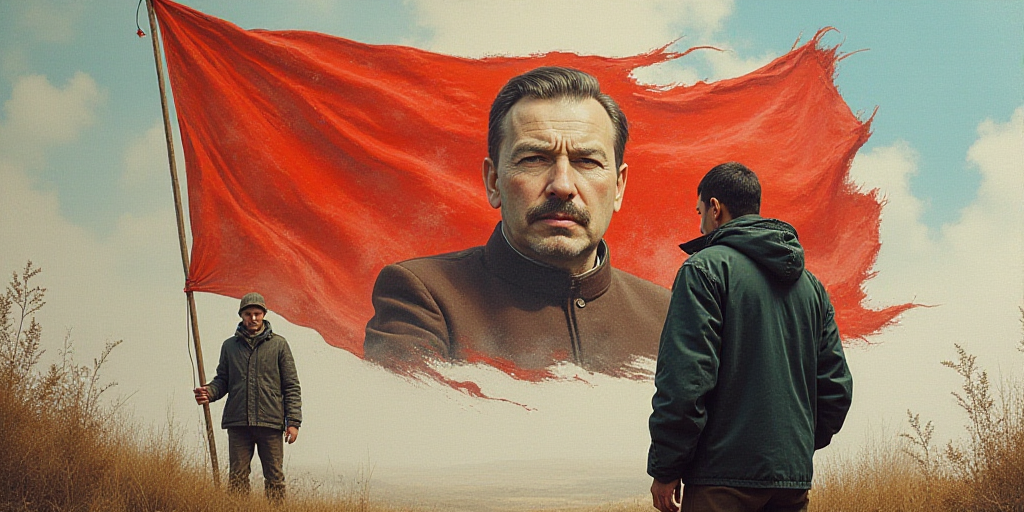Background and Key Players
The United States and European nations are engaging in discussions to explore potential guarantees for a peace agreement in Ukraine, following recent diplomatic efforts led by President Donald Trump.
President Trump has been actively involved in mediating the conflict, hosting meetings with Ukrainian President Volodymyr Zelensky and European Union leaders at the White House. He also had a historic encounter with Russian President Vladimir Putin in Alaska, which set the stage for these ongoing negotiations.
Key figures in this process include:
- Donald Trump: President of the United States, who has taken a leading role in diplomatic efforts to resolve the conflict.
- Vladimir Putin: President of Russia, whose involvement is crucial for any lasting peace agreement.
- Volodymyr Zelensky: President of Ukraine, who has been at the center of discussions seeking an end to the ongoing war.
- European Union Leaders: Key stakeholders in the negotiations, working alongside the US to ensure a secure and stable Ukraine.
Diplomatic Developments and Challenges
In a significant move, Trump facilitated separate meetings between Putin and Zelensky, hoping for progress towards a peace agreement.
Putin proposed holding the summit in Moscow, but Zelensky reportedly declined the location. Trump expressed optimism about the process, stating that he believed the leaders could reach a mutually agreeable solution without his direct involvement.
Meanwhile, the Chairman of the Joint Chiefs of Staff, General Daniel Caine, is engaging with European military leaders in Washington to discuss potential guarantees for a peace agreement in Ukraine.
These discussions precede a virtual meeting of NATO military chiefs, where General Caine is expected to participate.
Trump has suggested that European nations take the lead in securing any agreement by deploying troops, an idea that France and the United Kingdom have considered.
“Coalition of Volunteers”
Following conversations with Trump, French President Emmanuel Macron and British Prime Minister Keir Starmer convened approximately 30 supporters of Ukraine, known as the “Coalition of Volunteers,” for virtual consultations.
Starmer informed the group that coalition teams and US officials would meet soon to discuss security guarantees and prepare for potential troop deployment if hostilities cease.
The leaders also deliberated on ways to exert further pressure on Putin, including the implementation of sanctions until he demonstrates a genuine commitment to ending the invasion.
Geneva as the Potential Venue
Russia has emphasized that any solution must protect its interests, particularly the rights of Russian-speaking individuals in Ukraine.
Russian Foreign Minister Sergei Lavrov stated that any agreement must guarantee these rights, a claim Moscow has used to justify its military intervention.
Macron expressed a preference for Geneva as the summit location, given its historical significance in peace negotiations.
Swiss Federal Department of Foreign Affairs head Ignazio Cassis confirmed that Switzerland would offer immunity to Putin should he attend a peace conference, despite the international arrest warrant against him.
Macron and German Chancellor Friedrich Merkel have indicated that the summit could take place within two weeks.
The White House declined to comment on a Politico report suggesting Budapest as a possible meeting site for Putin, Zelensky, and Trump.






